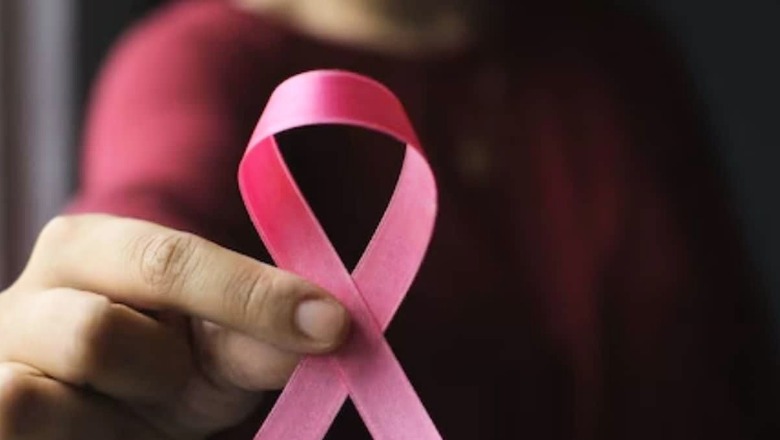
views
Menopause is a natural biological process that marks the end of a woman’s menstrual cycles. During this transition, hormonal changes occur, including a decline in estrogen levels. While menopause itself does not directly cause breast cancer, the hormonal fluctuations associated with this stage of life can influence breast cancer risk.
Estrogen plays a significant role in breast cancer development, particularly in hormone receptor-positive breast cancers. During menopause, estrogen levels decrease, reducing the stimulation of breast tissue by this hormone. As a result, the risk of developing estrogen receptor-positive breast cancer typically decreases after menopause.
However, menopause does not eliminate the risk of breast cancer altogether. Other factors, such as genetics, lifestyle factors, and environmental exposures, continue to play a role in breast cancer risk post-menopause. Additionally, certain changes that occur during menopause, such as weight gain and changes in breast density, may affect breast cancer risk.
Furthermore, while the risk of hormone receptor-positive breast cancer may decrease after menopause, the risk of hormone receptor-negative breast cancer, which is not influenced by estrogen levels, remains constant. Therefore, menopause does not offer complete protection against breast cancer.
While menopause itself does not cause breast cancer, the aging process and changes associated with menopause can impact breast cancer risk. Therefore, women should continue to prioritize breast health through regular screenings, healthy lifestyle choices, and awareness of any changes in their breasts, regardless of their menopausal status.
In conclusion, while menopause does not directly cause breast cancer, the hormonal changes associated with this stage of life can influence breast cancer risk. Understanding these factors and maintaining vigilance with regard to breast health is essential for women as they navigate the menopausal transition and beyond.



















Comments
0 comment